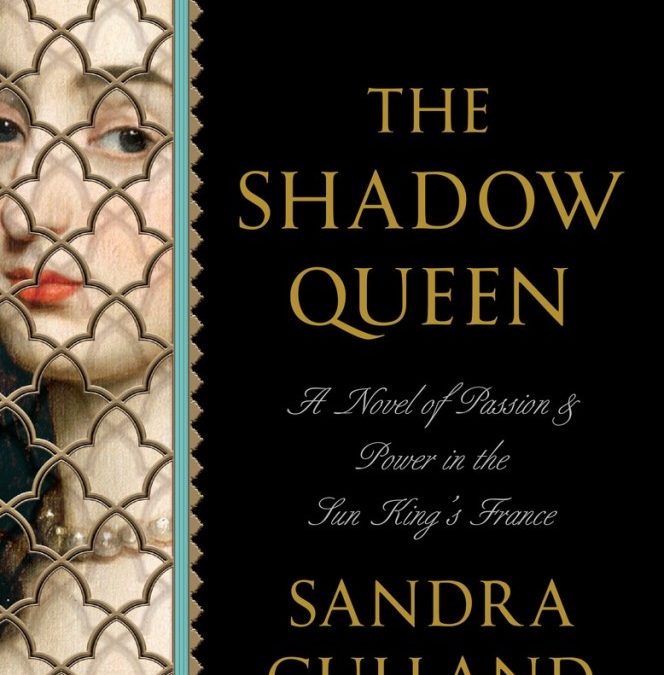A significant number of early reviewers of my new novel THE SHADOW QUEEN have expressed displeasure with the title; they feel it is misleading. They expected the novel to be the story of the Sun King’s official mistress, Athénaïs, Madame de Montespan, a position often referred to as “the shadow queen.” The title led readers to believe that they were going to get one story, when in fact they got another. I apologize if they feel that they were mislead.
These readers were responding to the Advance Readers’ Copies (“ARCs”) of the novel. The hardcover, with cover-flap copy, will make it clearer what, in fact, the story is about, and I hope that this will dispel some of the confusion.
Why that title?
But to address the concerns of some of my readers: Why have I titled this novel The Shadow Queen?
The main character of the novel is Claude des Oeillets (dit Claudette), an impoverished young woman from the world of the theatre. Socially scorned and denounced by the church, she lives on the fringes of society. As well, as the daughter of a theatrical star, she exists in her mother’s shadow.
In contrast, Athénaïs, Madame de Montespan, lives at the heart of high society. She becomes Claudette’s obsessive passion, seeing in her a perfect life, a life without hunger and fear, a life of ease and beauty. Everything Claudette’s life is not.
The novel is about many things, but at its core is the relationship between these two woman, Claudette and Athénaïs, who are close in age and share many of the same interests, yet are worlds apart. In the end, they become dependent upon one-another. Claudette, as Athénaïs’s devoted and even start-struck servant, is willing to do anything for her—up to a point.
And it’s at that point that Claudette must step out of the shadows—and into the light of her own life.
Over the five years I was writing this novel, I considered many, many titles. In the end, I was very happy with the title The Shadow Queen, a title enthusiastically embraced by a group of 50 writers, a number of whom had read the novel and felt that it was appropriate.
I am touched by the passionate concern of my readers, even when critical. Of course I have been both surprised and disquieted that some have objected. I personally feel that the title The Shadow Queen captures the spirit of this story on a number of levels. Claudette exists in the shadow of her mother, a drama queen. When she joins Athénäis at court, she becomes her shadow, the shadow of the official “Shadow Queen.” And, although the story is very much about the ever-fascinating Athénäis—as well as about Claudette’s obsession with her and all that she represents—it’s really a metaphorical title, more than a literal one.


